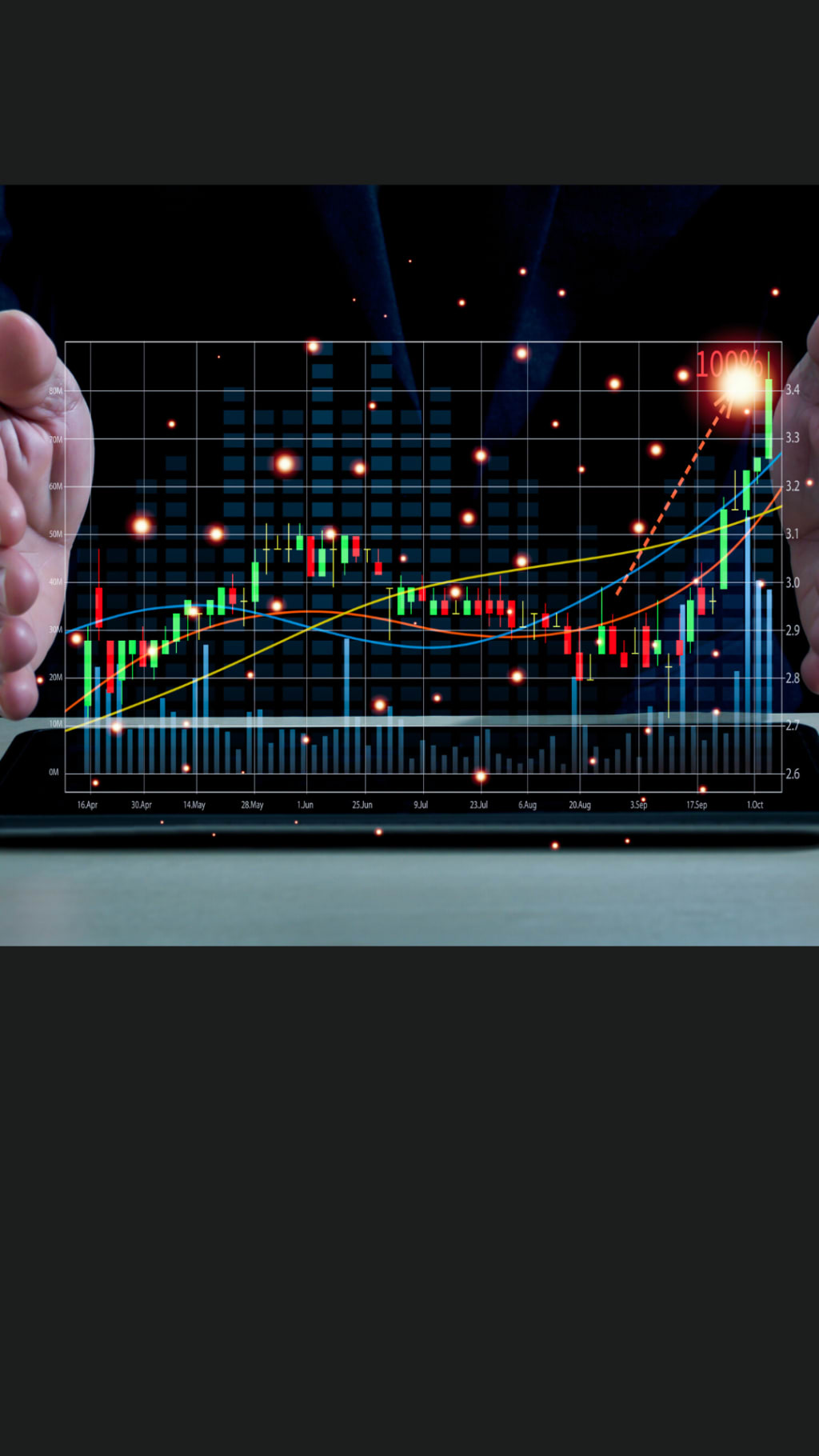
Exchanging made sense of.
Exchanging alludes to the trading of labor and products between two gatherings. With regards to back, exchanging frequently alludes to the trading of monetary instruments like stocks, bonds, monetary standards, and products.
Merchants might utilize a wide range of systems to make exchanges, including specialized examination, major investigation, and quantitative investigation. Specialized examination includes concentrating on past cost and volume information to recognize examples and patterns that can assist with anticipating future cost developments. Key investigation includes concentrating on the fundamental monetary and financial elements that influence the worth of a resource. Quantitative investigation includes utilizing factual models and calculations to pursue exchanging choices.
Brokers may likewise utilize various kinds of orders to execute exchanges, for example, market orders, limit requests, and stop orders. A market request is a guidance to trade a resource at the ongoing business sector cost. A breaking point request is a guidance to trade a resource at a predefined cost or better. A stop request is a guidance to trade a resource once it arrives at a specific cost level.
There are various kinds of exchanging, including day exchanging, swing exchanging, and position exchanging. Informal investors make exchanges inside a solitary exchanging day and plan to exploit momentary cost developments. Swing brokers stand firm on footings for a few days to a little while and plan to benefit from medium-term cost developments. Position merchants stand firm on footings for quite some time to quite a long while and expect to benefit from long haul patterns.
Exchanging can be a productive movement, yet it is likewise connected with gambles. Dealers might encounter misfortunes because of unforeseen market occasions, like financial slumps or international pressures. To oversee risk, merchants might utilize strategies, for example, expansion, position measuring, and stop-misfortune orders.
Lately, internet exchanging stages have made it more straightforward for people to exchange monetary instruments from the solace of their own homes. These stages give admittance to many monetary business sectors and proposition various instruments and assets to assist brokers with pursuing informed exchanging choices.
Exchanging has been an essential part of monetary business sectors for a really long time, with various sorts of dealers working in different business sectors all over the planet. Exchanging can happen on trades, over-the-counter business sectors, or through electronic correspondence organizations (ECNs).
One well known kind of exchanging is stock exchanging, where dealers trade portions of openly recorded organizations on stock trades. The securities exchange is known for its instability, with costs fluctuating quickly founded on different factors, for example, organization profit reports, financial markers, and international occasions.
One more kind of exchanging is forex exchanging, which includes trading monetary standards in the unfamiliar trade market. Forex dealers frequently use influence to amplify their profits, however this likewise expands their gamble. Money costs are impacted by a scope of variables, for example, loan fees, political occasions, and monetary information discharges.
Ware exchanging includes trading actual merchandise like valuable metals, rural items, and energy items. Items are exchanged on trades and over-the-counter business sectors, with costs fluctuating in light of organic market factors.
Notwithstanding individual brokers, institutional dealers, for example, multifaceted investments, venture banks, and benefits reserves additionally take part in exchanging exercises. These substances frequently approach complex exchanging innovations and assets, empowering them to make huge scope exchanges and exploit market failures.
Likewise with any monetary movement, exchanging additionally has its disadvantages. It very well may be a high-stress and high-pressure movement, expecting dealers to screen the business sectors and settle on fast choices continually. Exchanging can likewise prompt close to home inclinations, for example, dread and eagerness, which can cloud judgment and lead to unfortunate independent direction.
Generally, exchanging can be a worthwhile and invigorating action, yet it requires discipline, information, and a sound exchanging system to find true success. Brokers must consistently teach themselves about the business sectors and to oversee risk actually to expand their odds of coming out on top.





Comments
There are no comments for this story
Be the first to respond and start the conversation.